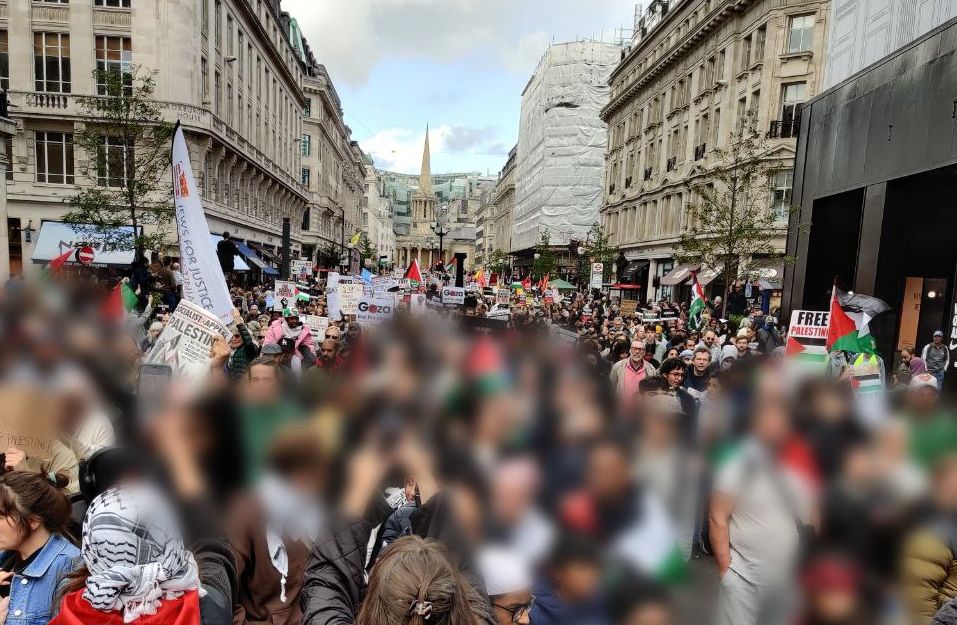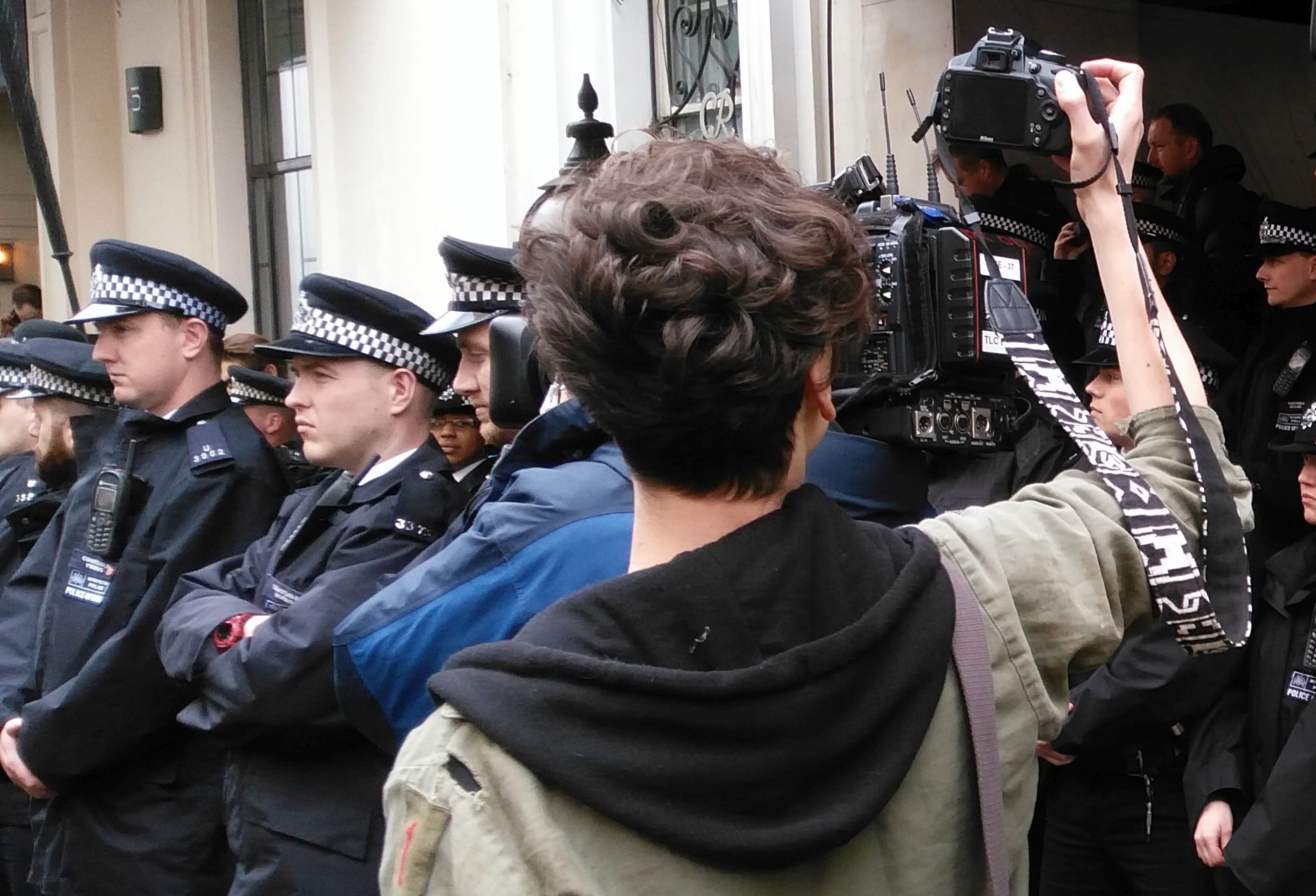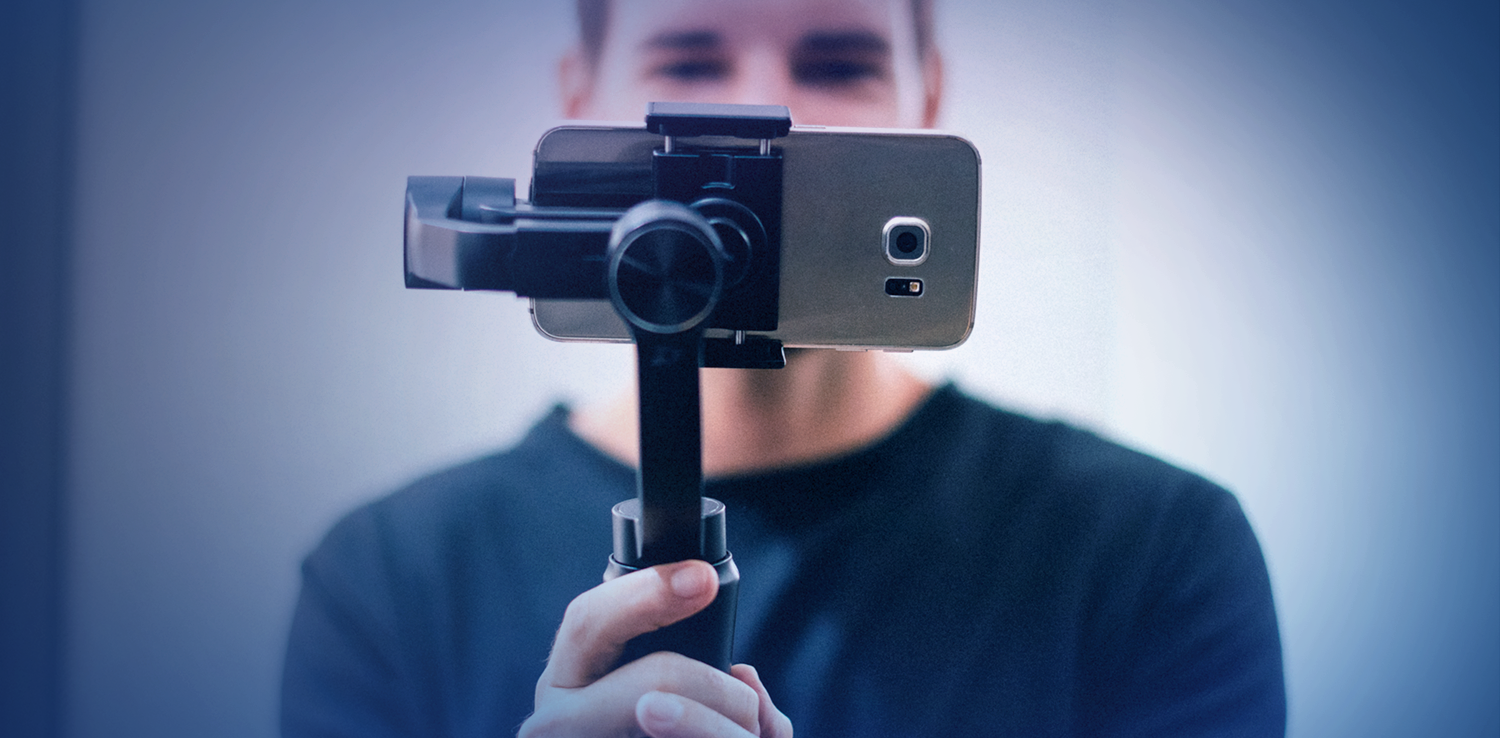Tag: Advice
-

Digital Security Checklist for activists
—
Better to adopt good practices now than regret it later. Here is a non exhaustive list of simple things you can do to protect yourself. Use a private DNS server DNS is an essential service similar to a phone book which tells your device how to access resources (i.e. a website) on another computer (a…
-

Using a Windows PC? Use this simple encryption hack for extra protection.
—
By default, a Windows 10 or earlier PC is aptly named – it’s like a house with an open window. If the first prompt you see when you power your computer on is a Windows login screen, your data is totally insecure. Even if it wasn’t easy to crack the password, the data still remains completely…
-

Use a Virtual Private Network (VPN) for online privacy
—
You can’t have avoided hearing about VPNs lately. Even before the Online Safety Act 2023 put certain online content out of reach without age verification (causing a massive spike in VPN sales), companies were bombarding users with alluring claims and special offers. But what does a VPN actually offer? How do they work? What are their…
-

How can I keep my Signal messages secure?
—
Over the past decade, Signal has proven itself to be the messaging platform of choice for security concious users, and the one that we recommend. Run by a non-profit organisation, there are no instances of user data vewing leaked, stolen, stored or compromised, and the open source nature of the software means that anybody with…
-

What to do if the police show up at your meeting
—
in OrganisingIf the police are raiding your meeting There have been several incidents where the police have raided venues to pre-emptively arrest people planning protests or simply holding social events to explain their campaigning activities. Invariably this is targeted towards particular individuals but raids can also sweep up everyone. A police raid is sudden, frightening and…
-

Filming the police
—
in ProtestsWhy stop and film? Ordinary people stopping and filming the police can mean that officers behave differently than they would if no-one was watching and recording their actions. This might make the experience for the person who has been stopped or arrested feel far less intimidating or threatening. Can I legally film the police? The…
-

Dealing with tabloid journalists
—
in OrganisingThe hallmark of sensationalist tabloid reporting is generating fear and outrage, invariably in defence of deeply partisan, reactionary politics. Campaigners who use direct action and civil disobedience tactics are often seen as a target for this kind of “journalism”. In particular, reporters have turned up at meetings or attended online discussions looking for gossip and…
-

Use a Virtual Private Network (VPN) for online privacy
—
in OrganisingTech advice remains current for a short time. This article was changed to our newer VPN guide in December 2025. When and why should you use a VPN When you don’t use a VPN your Internet Service Provider (ISP the company or institution providing your connection) can see the links you are accessing, though they…
-

Blurring faces in videos
—
in ProtestsVideo shared online is a significant source of intelligence for the police and so – if you consider the risk warrants protecting someone’s identity – you may want to blur faces in a video clip before sharing it on social media. There are a number of tools that offer this. These resources come and go,…
-

Advice on Livestreaming
—
in ProtestsWhen live-streaming protests, there is a danger of crossing the line from your sense of undertaking “citizen journalism” to becoming essentially a CCTV cameras – a camera that unlike the ones used by the state, quite often comes with a “director’s commentary”. To avoid inadvertently incriminating demonstrators and livestream carefully and safely, consider the following:…
